Premium Only Content
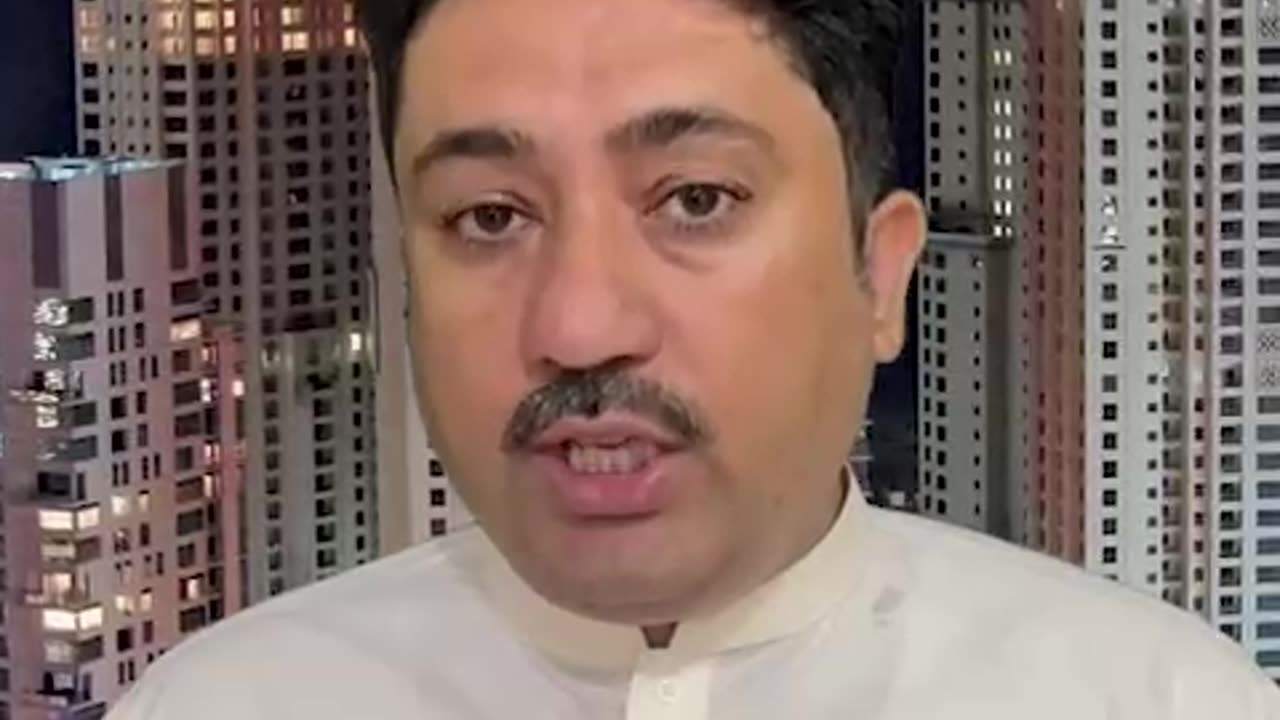
How Dubai got developed
Dubai's development into a global city and major business hub is a remarkable story of strategic planning, visionary leadership, and ambitious investments. The transformation of Dubai from a small trading port to a modern metropolis can be attributed to several key factors:
Geographical Location: Dubai's strategic location between Europe, Asia, and Africa made it an important trading hub for centuries. Its natural harbor played a vital role in facilitating maritime trade.
Visionary Leadership: The leadership of Dubai, particularly the ruling Al Maktoum family, has been instrumental in driving the city's development. Sheikh Rashid bin Saeed Al Maktoum, who ruled from 1958 to 1990, is often credited with initiating many of the city's modernization projects.
Diversification from Oil: While oil discovery in the 20th century provided initial resources, Dubai recognized the need to diversify its economy. Sheikh Rashid and his successors initiated policies to reduce the dependency on oil and invest in other sectors, such as finance, real estate, tourism, and technology.
Infrastructure Development: Dubai invested heavily in developing world-class infrastructure, including airports, seaports, roads, and telecommunications. The construction of Port Rashid in the 1970s and Jebel Ali Port in the 1980s played crucial roles in transforming Dubai into a major trading center.
Free Zones and Economic Policies: The establishment of free zones like Jebel Ali Free Zone and Dubai International Financial Centre (DIFC) allowed for a business-friendly environment, attracting foreign investment and multinational corporations. These zones provided tax incentives, streamlined regulations, and 100% foreign ownership.
Tourism and Real Estate: Dubai's development as a tourism destination was a major driving force. Iconic projects like the Burj Al Arab, Palm Jumeirah, and the Burj Khalifa garnered global attention. Dubai positioned itself as a luxury and entertainment hub, attracting tourists from around the world.
Global Connectivity: Dubai International Airport's expansion into a major global aviation hub connected the city to destinations worldwide, facilitating both tourism and trade.
Hosting Global Events: Dubai hosted international events like the Dubai Shopping Festival, Dubai World Cup, and various trade exhibitions. These events attracted visitors and showcased Dubai's capabilities on the global stage.
Real Estate Boom: The real estate sector played a significant role in Dubai's development. High-end residential and commercial projects, along with the development of large-scale shopping malls, contributed to the city's image as a cosmopolitan destination.
Innovation and Sustainability: Dubai invested in technology and innovation, positioning itself as a smart city. Additionally, initiatives like the Dubai Clean Energy Strategy aimed to increase the share of clean energy in the city's total power output.
Cultural Diversity: Dubai's open approach to cultural diversity and tolerance has attracted a large expatriate population. This diverse talent pool has contributed to the city's growth and development.
Overall, Dubai's development was driven by a combination of forward-thinking leadership, strategic investments, diversification of the economy, and a focus on global connectivity. The city's ability to adapt and evolve while embracing new opportunities has played a crucial role in its transformation into the modern metropolis it is today.
-
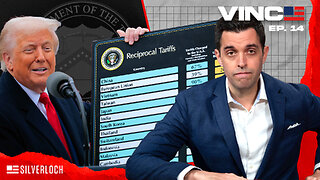 59:14
59:14
VINCE
4 hours agoAmerica's Liberation Has Begun | Episode 14 - 04/03/25
183K103 -
 2:52:38
2:52:38
Matt Kohrs
13 hours agoTHE STOCK MARKET IS CRASHING || The MK Show
32.7K9 -
 1:21:08
1:21:08
The Big Mig™
2 hours agoBiden Under Investigation
21.9K7 -
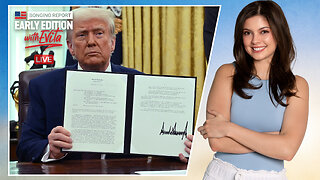 1:00:09
1:00:09
BonginoReport
6 hours ago“Liberation Day”: Trump Champions Economic Nationalism - BR Early Edition w/ Evita Duffy (Ep.174)
133K75 -
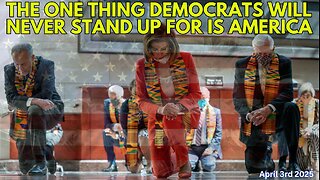 2:59:19
2:59:19
Wendy Bell Radio
7 hours agoThe One Thing Democrats Will Never Stand Up For Is America
61.6K46 -
 1:17:06
1:17:06
Dear America
13 hours agoRINOS Vote WITH Dems Against Trump Tariffs + Girl Refuses To Compete With Biological Male?!
52.7K22 -
 1:04:16
1:04:16
2 MIKES LIVE
3 hours agoTHE MIKE SCHWARTZ SHOW with DR. MICHAEL J SCHWARTZ 04-03-2025
21.2K1 -
 1:29:02
1:29:02
Game On!
17 hours ago $4.39 earnedAntonio Brown was RIGHT! Rodgers signing with Steelers is IMMINENT!
55.2K7 -
 10:18
10:18
Friday Beers
17 hours agoWe Became the Highest Paid Street Performers in Los Angeles
71.8K13 -
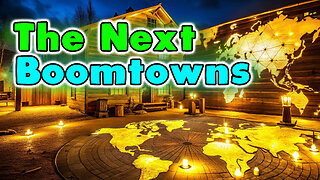 19:01
19:01
World2Briggs
15 hours ago $8.16 earnedMove Here Before It’s Too Late! 10 Future Boomtowns in the U.S.
58.7K19